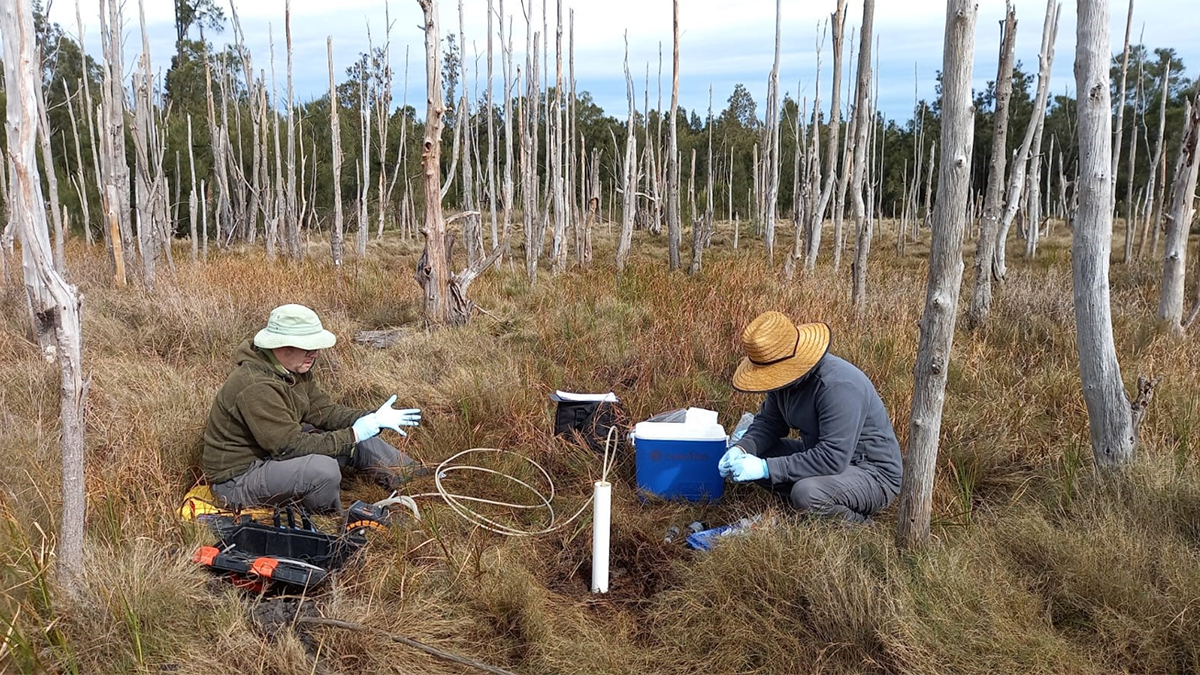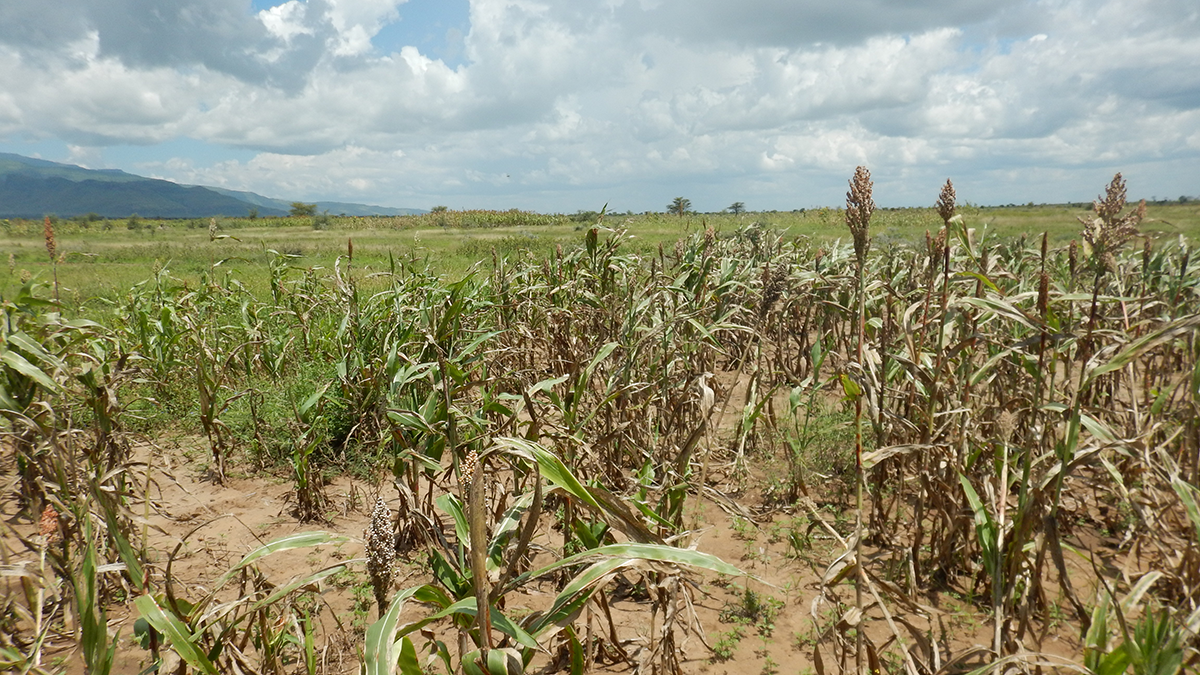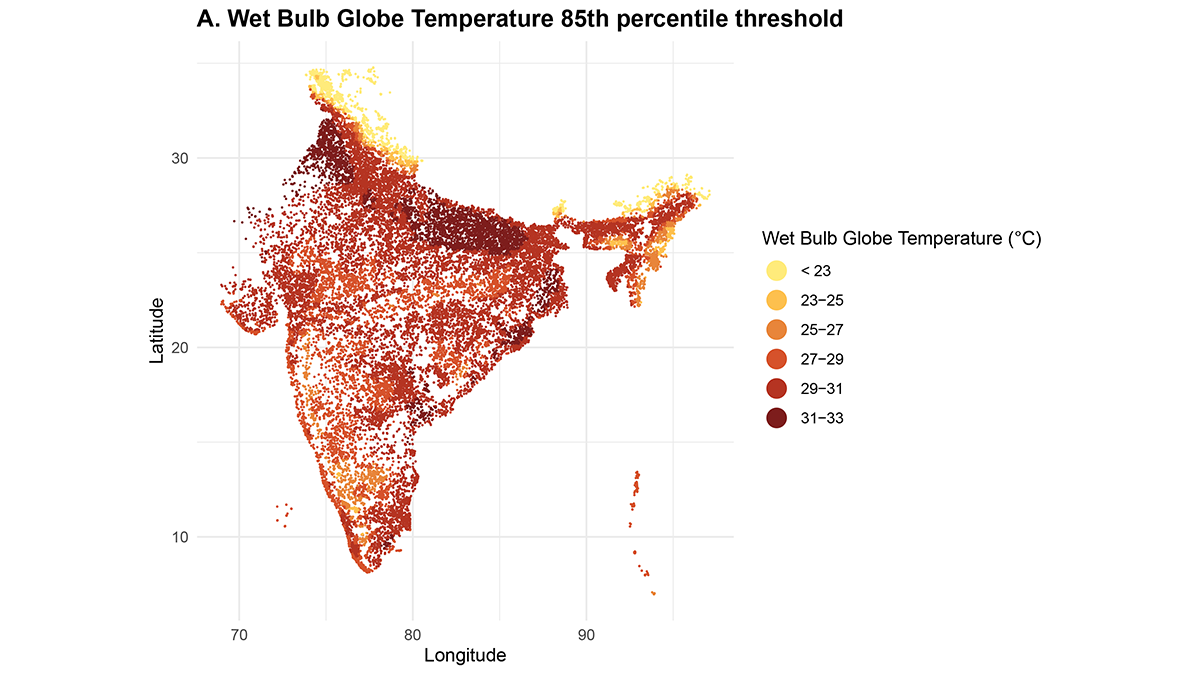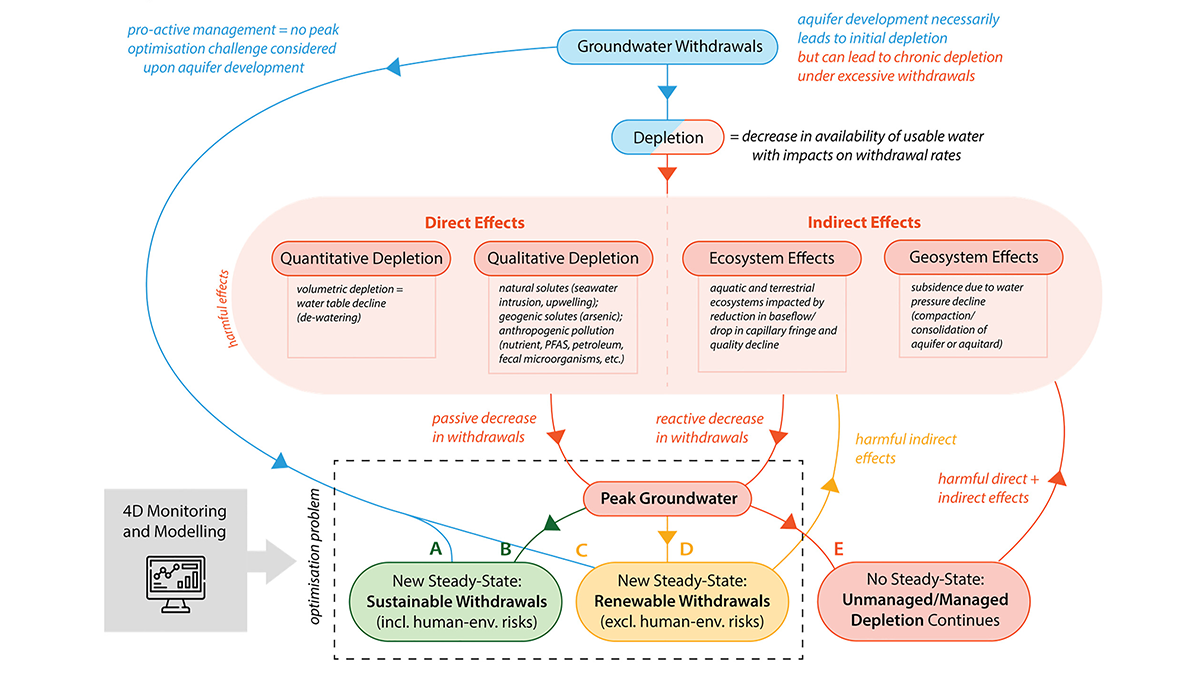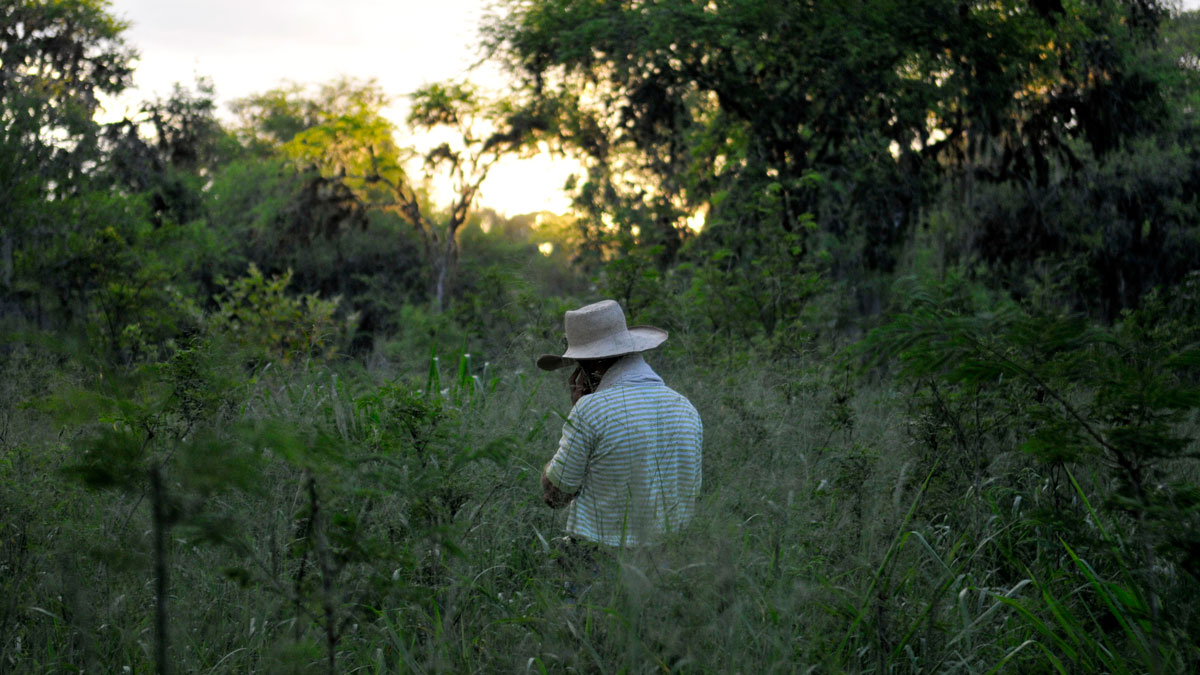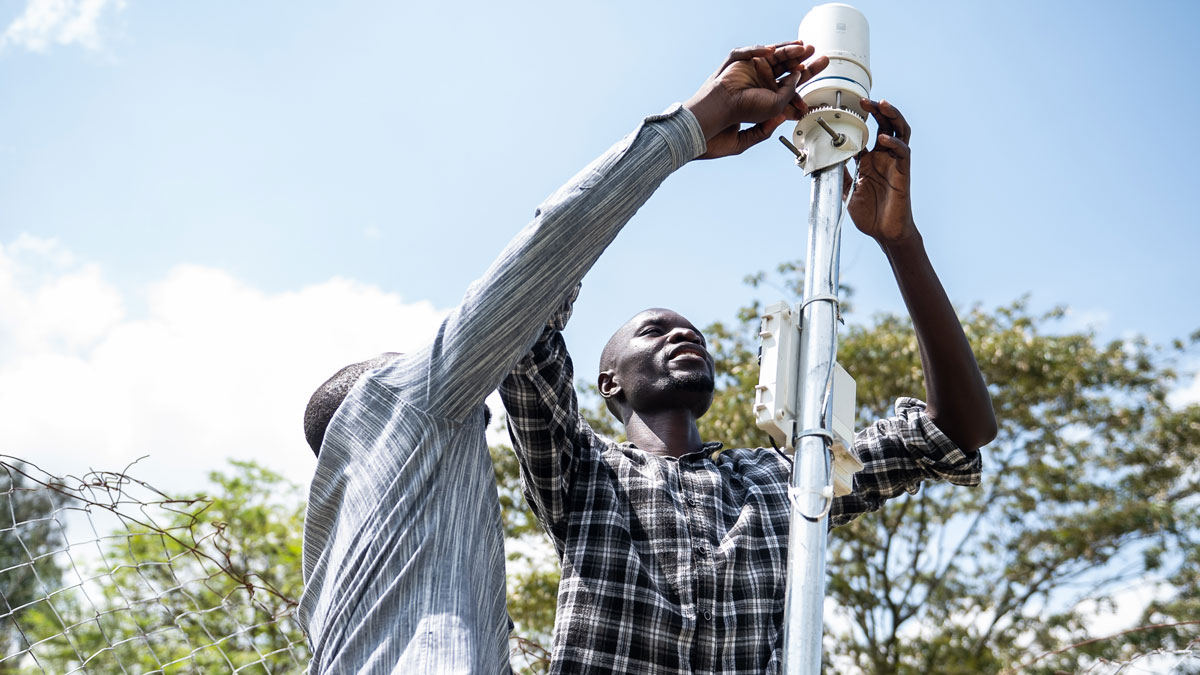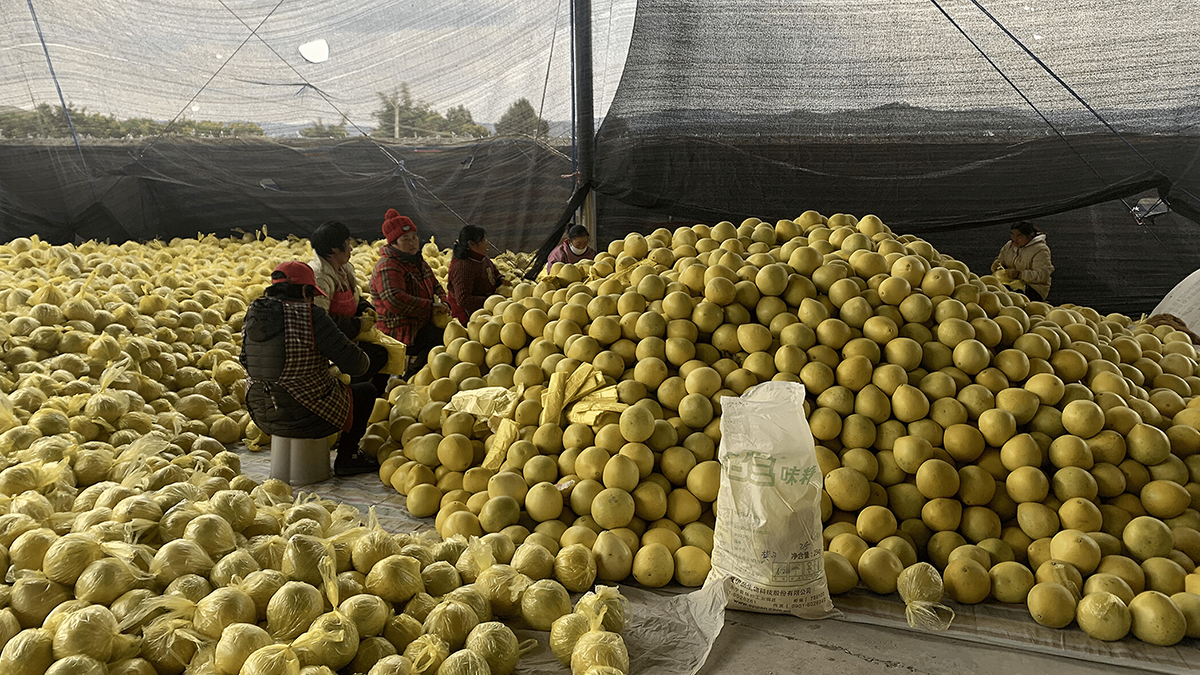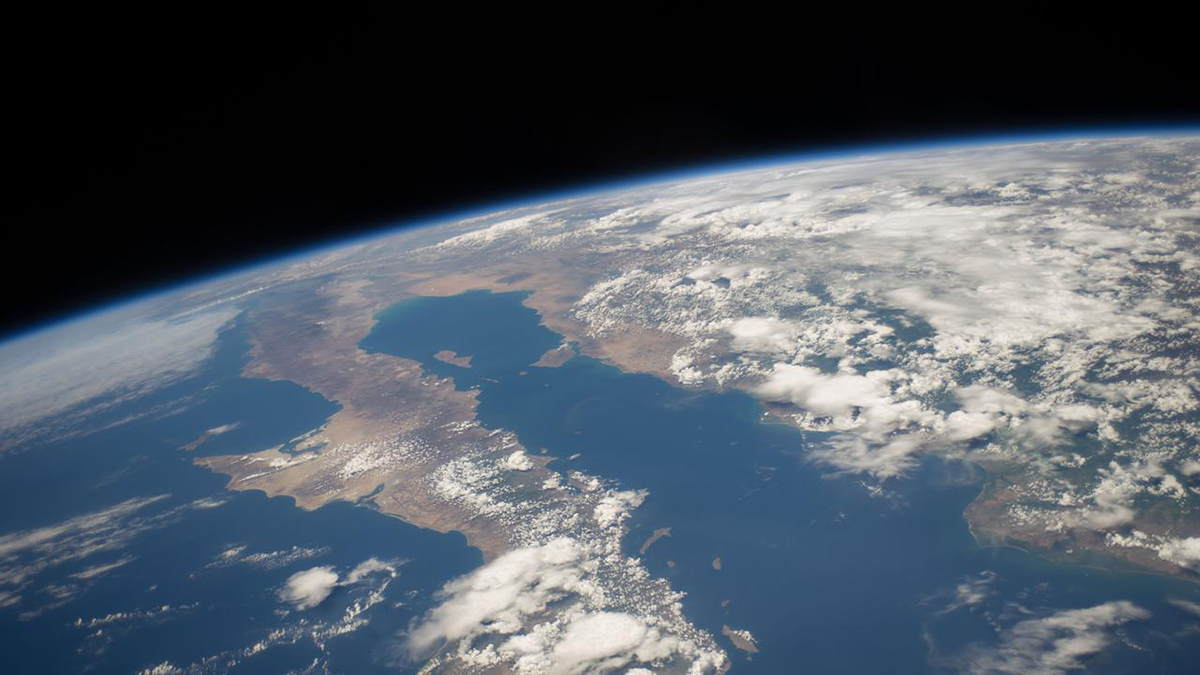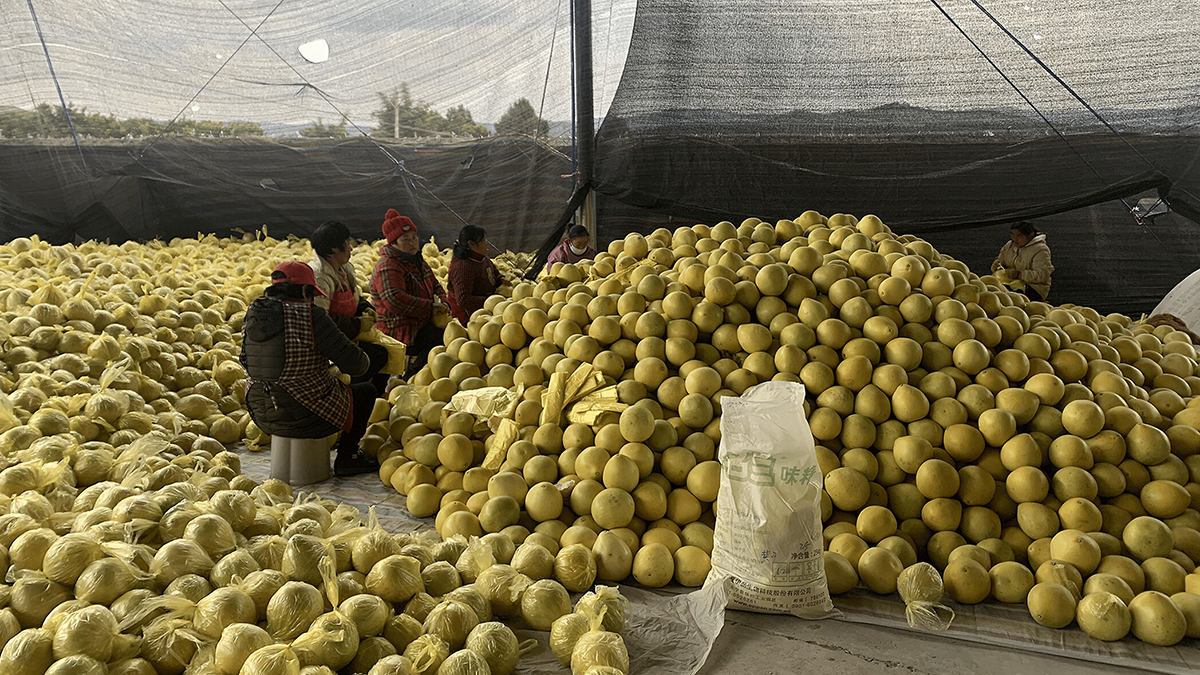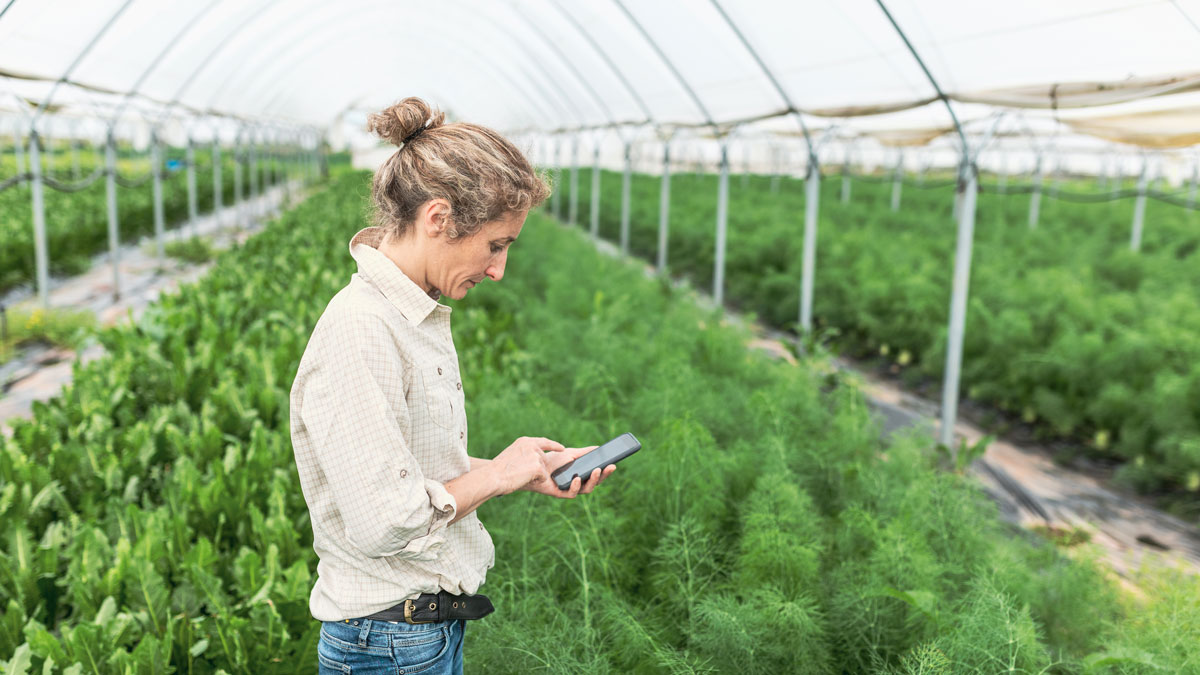Coastal wetland restoration offers major carbon benefits, and understanding groundwater processes helps explain how these ecosystems store carbon over the long term.
Sustainable Development Goals (SDGs)
How Satellite Data Helped Avoid Hunger from Drought
Satellites detecting anomalies of the spectral reflectance of crops in Uganda successfully foretold imminent crop failure and automatically triggered timely governmental disaster relief.
Heatwaves Increase Home Births in India
Heatwaves in India are associated with increased home births, with differential susceptibilities across regions and populations, threatening maternal and newborn health.
Avoiding and Responding to Peak Groundwater
A new review shows how rising demand, shrinking supplies, and policy decisions together shape when groundwater use peaks and what can be done to avoid long-term depletion.
REDD+ Results and Realities
A new study examines the efficacy of REDD+ projects in reducing deforestation and raises questions about the carbon credits the initiative relies on.
Building Better Weather Networks
A lack of weather data often leaves African communities vulnerable. Convergent efforts to improve observational networks throughout the continent are slowly filling the gaps.
Rising CO2 and Climate Change Reorganize Global Terrestrial Carbon Cycling
Rising CO2 and climate change are redistributing terrestrial carbon fluxes and reservoirs across latitudes and reducing carbon residence times globally.
Smallholder Farmers Face Risks in China’s Push for Modern Agriculture
A study of a circular agriculture project in China shows both the promise and the political challenges for smallholder farmers’ autonomy and fair representation.
Protein-Powered Biosensors with a Nose for Environmental Ills
Odorant-binding proteins derived from pigs, bovines, and other animals are the next frontier in localized, climate-smart sensing of pesticide spills, greenhouse gas precursors, and more.

